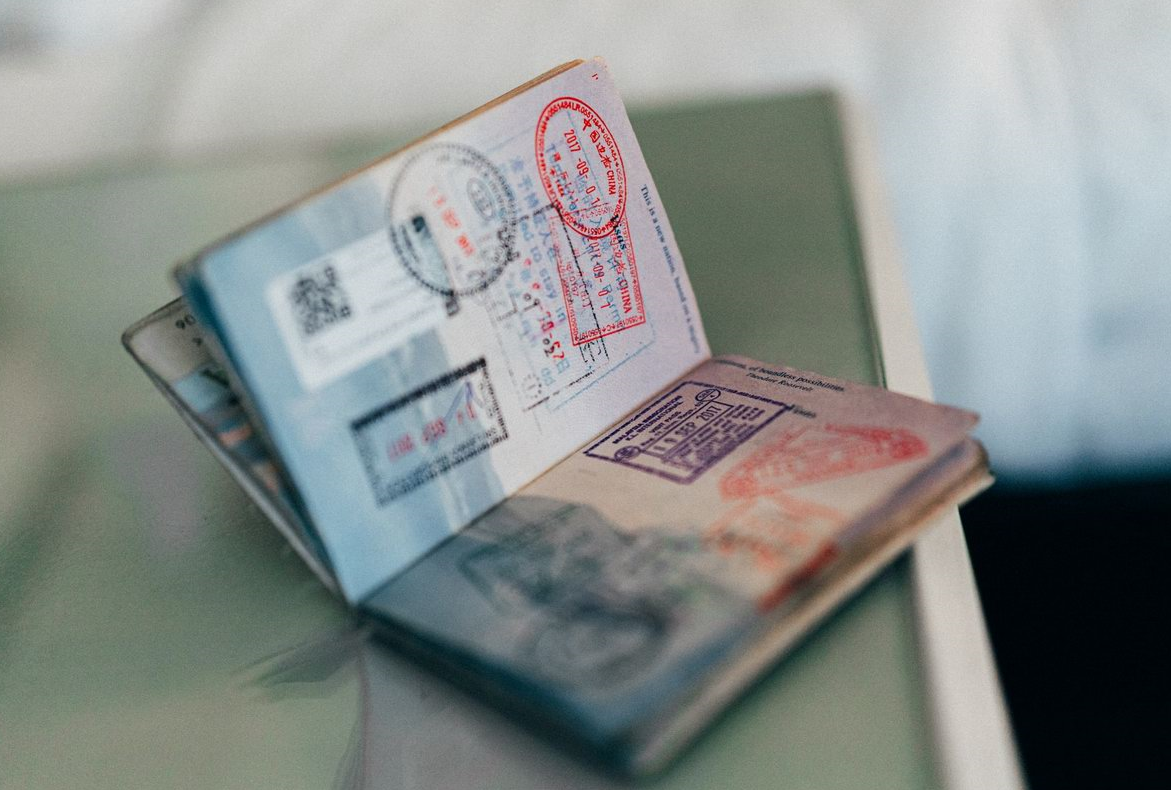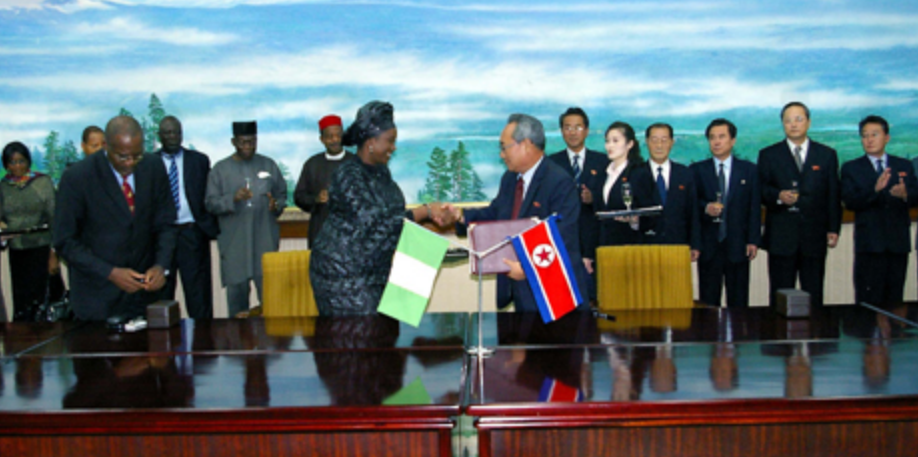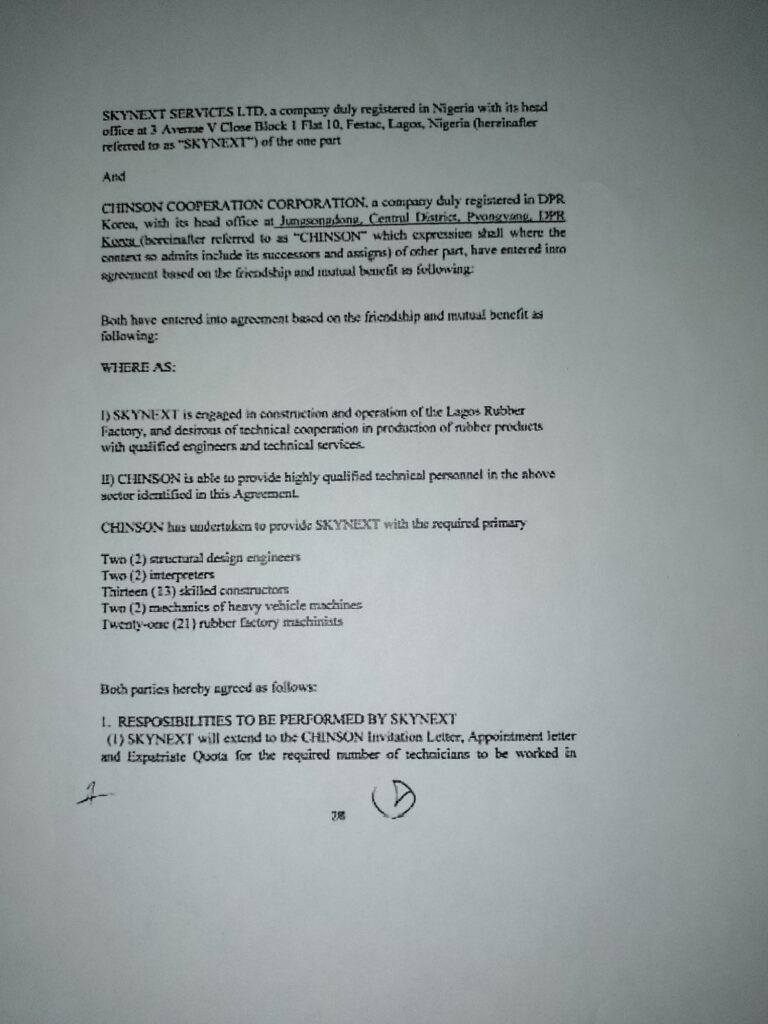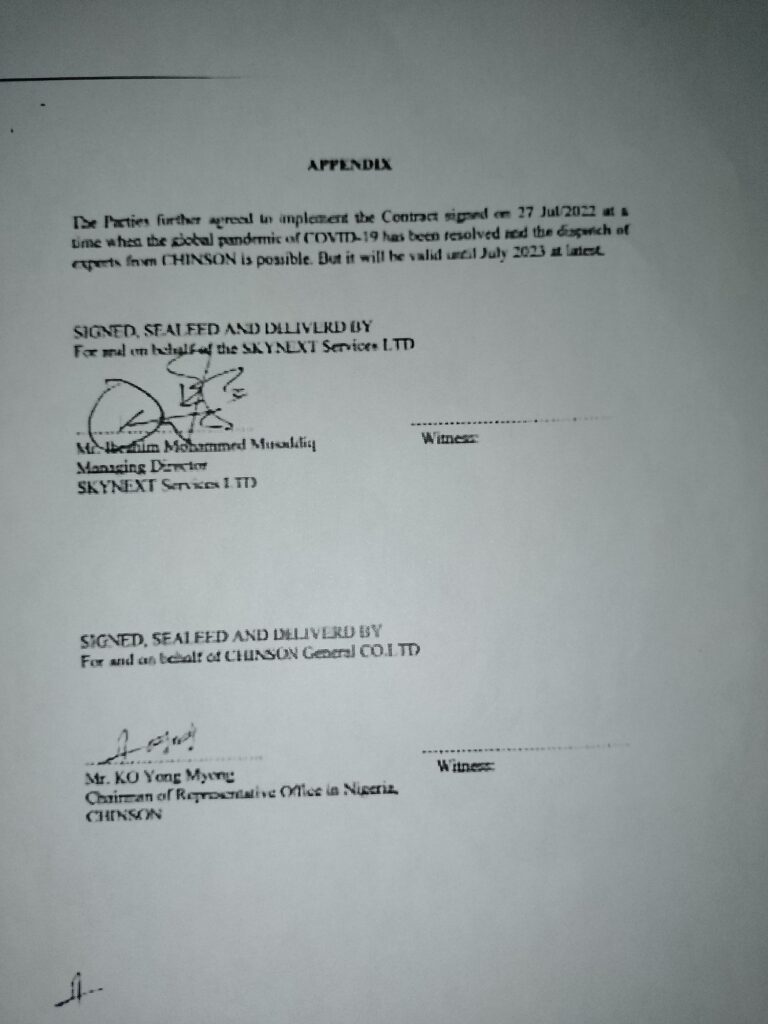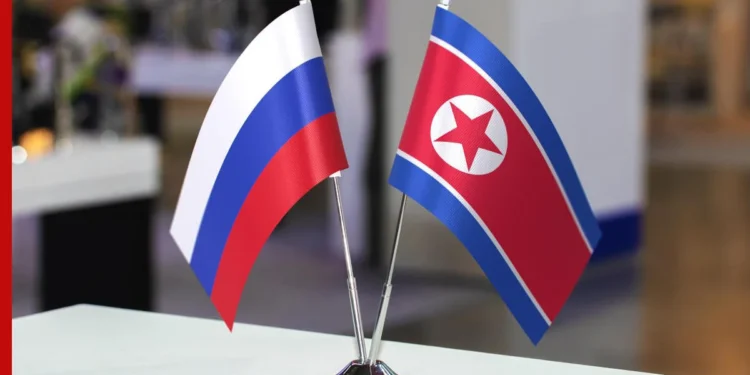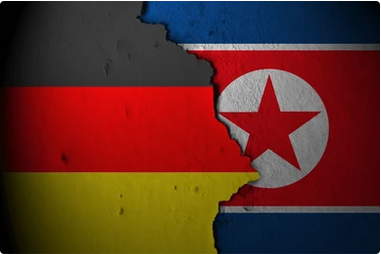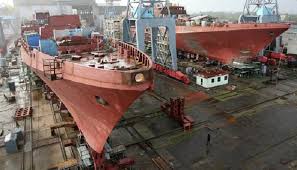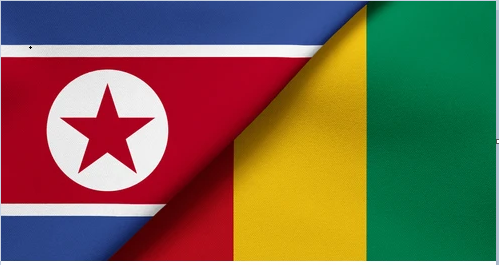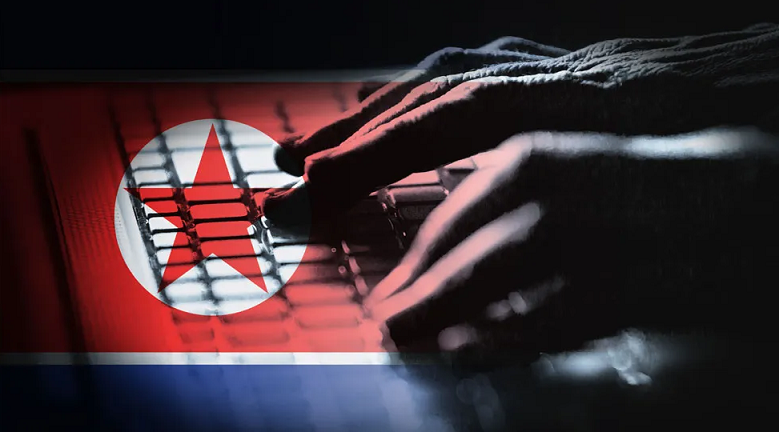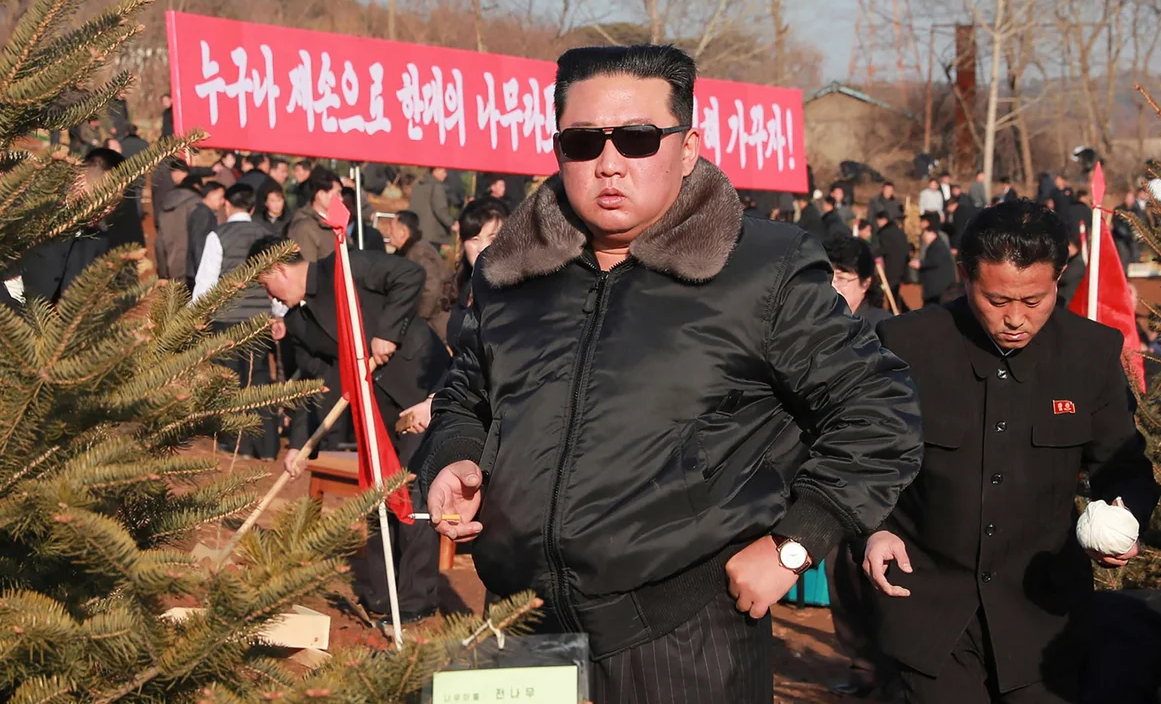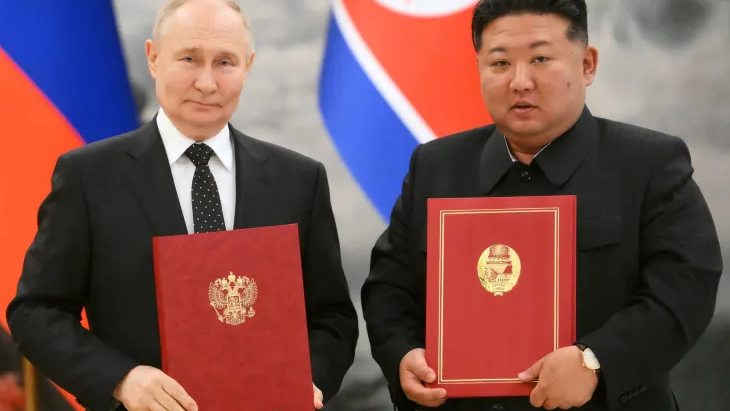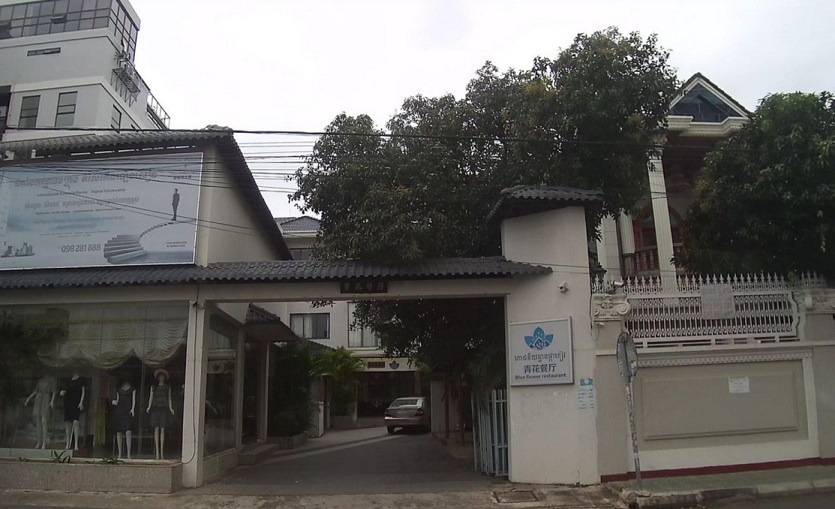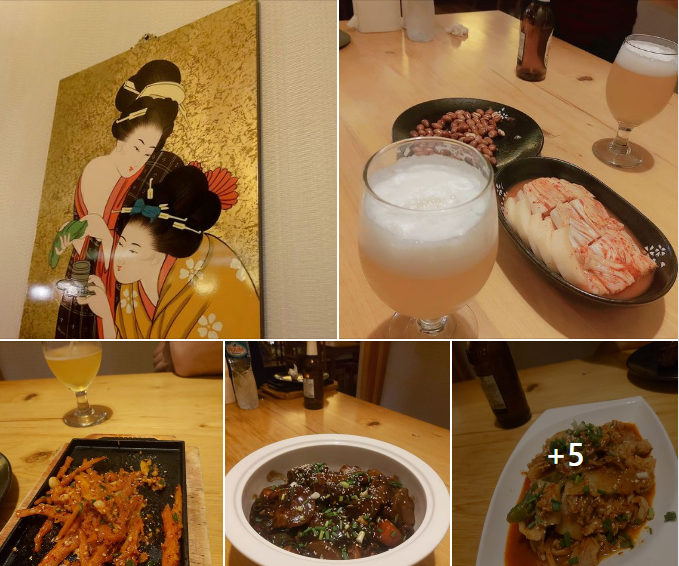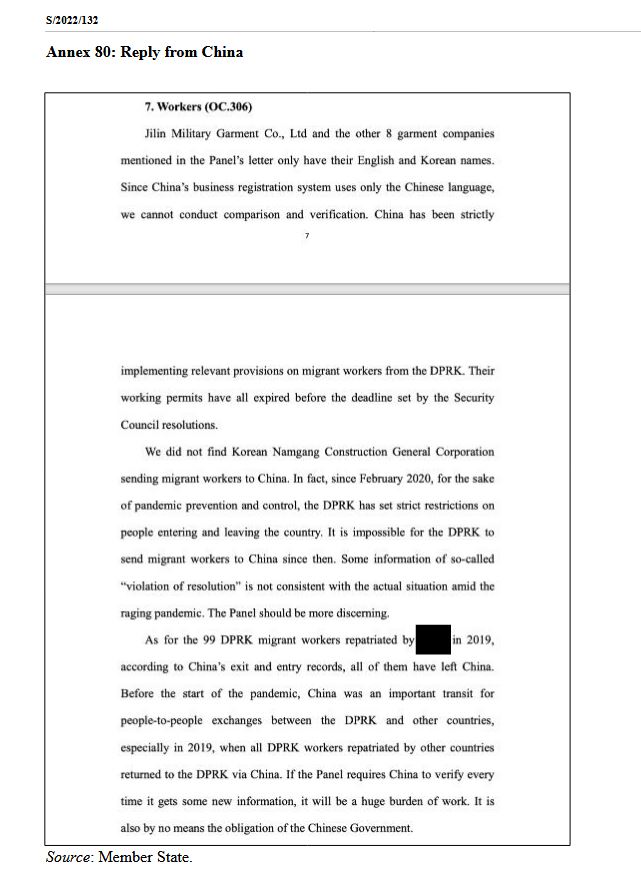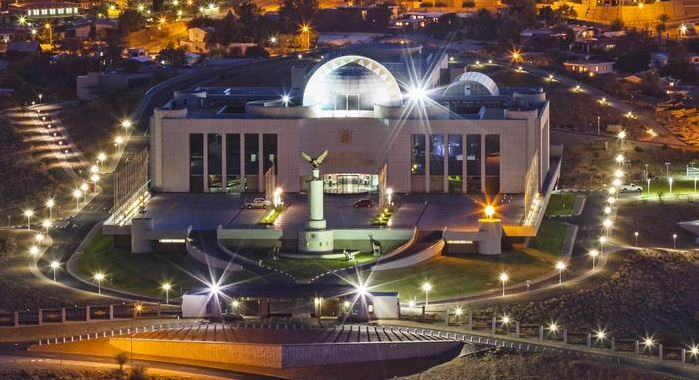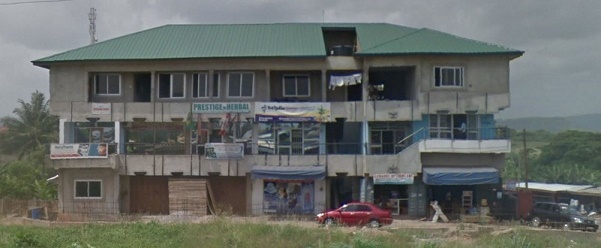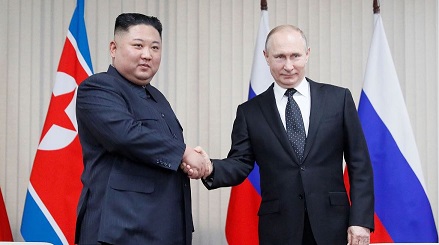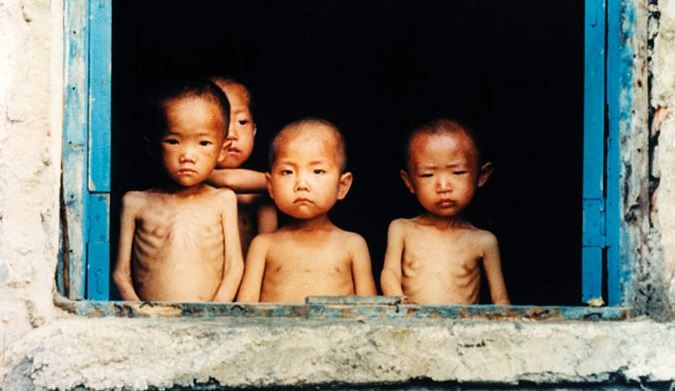The United Nations has placed heavy sanctions on North Korea, this includes North Koreans working abroad. When North Koreans are sent to work abroad, they keep very little of the money earned for themselves, and instead the money is sent back to the regime. It’s then used on the country’s weapons program, instead of boosting the economy and improving quality of life for citizens.
It is well reported that North Korean workers in the DPRK are working with Russian raw materials to make Russian goods, including uniforms for the Russian military. Now Pyongyang Papers have more examples of Russian companies that are employing workers from North Korea, despite sanctions making this illegal! This means they dont even need to move materials across country borders to exploit workers.
Worries of Human rights violations as well as breaking sanctions
In April 2024 the Russian Minister of Education and Science and the North Korean Minister of Education met and it was announced that more North Korean students will be granted visas to “study” in Russia. It’s expected that although some of these may be genuine students, a number of these visas will be used to circumvent sanctions and send North Korean workers to Russia. We think that these workers will be sent to work in clothing factories and construction, known to have horrible working conditions. The New Yorker has reported shifts up to 20 hours long and workers sleeping in unfinished buildings on construction sites.
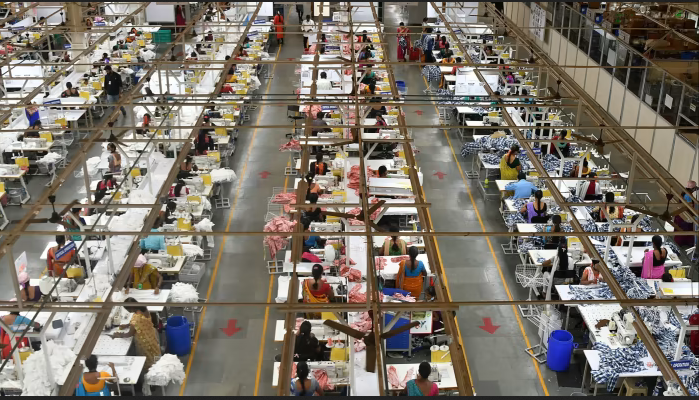
North Korean and Russian companies named and shamed
At Pyongyang Papers we have been made aware that DPRK entity, Korea Ponghwa Trading General Corporation is working with Russian company Druzhba Limited Liability Company (ООО Дружба) to send 300 workers to their clothing factories. In contravention of UNSCR 2375 “Forbids member states from authorizing new employment contracts for North Korean workers.”, We suspect that student visas will be used to cover up the fact that the workers are being sent illegally, a tactic commonly used to circumvent sanctions. Druzhba are registered in the city of Odintsovo , a suburb of Moscow and their main activity is listed as the production of workwear. The General Director of the company is Litvinov Vladimir Alekseevich (Литвинов Владимир Алексеевич).
Ponghwa General Corporation has previously been involved in sanctioned activity in Russia; The UN Panel of Experts report for 2022 states that a Moscow-based representative of the company facilitated contracts to send DPRK workers to Russian agricultural and construction jobs in 2020 and 2021. As well as being a blatant breach of sanctions, this ongoing illegal activity will be harming those sent from North Korea to Russia as workers too.
Multiple companies exploiting North Korean workers
We are also aware of another Russian entity named Bridge Group LLC who are hiring 500 workers from North Korea (under the guise of being students to avoid sanctions). This is most likely only a small number of the true number of DPRK people being sent to work abroad in Russia, as we believe other DPRK companies are looking to partner with Russian companies hiring more garment workers, as well as workers for the construction industry. We will be looking at further articles over the coming months on this very subject.
As well as going against sanctions, we know that the North Korean workers will most likely be treated terribly, with little to no freedom and rights when working in Russia. At Pyongyang Papers we are always looking to raise the profile of these companies profiting from illegal activities, and so if you have any more information about the companies mentioned in this article, please get in touch with us.

